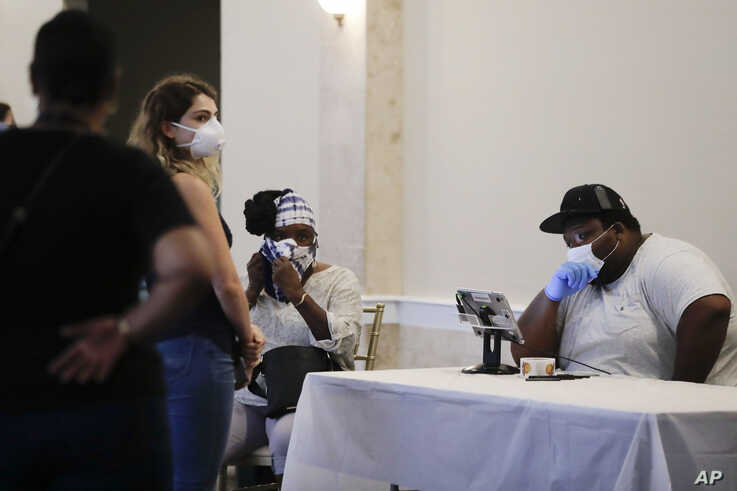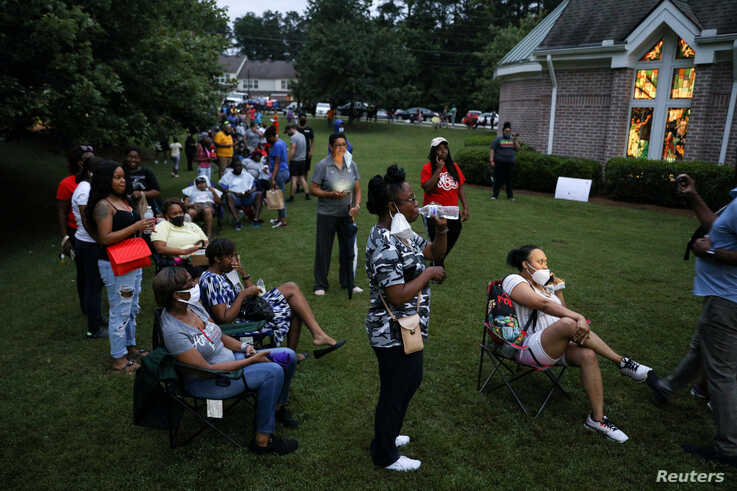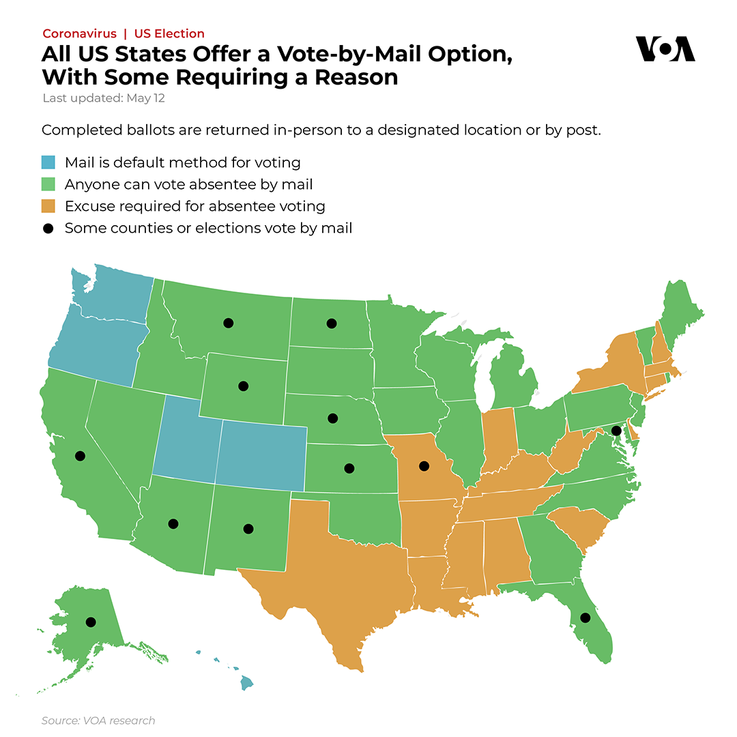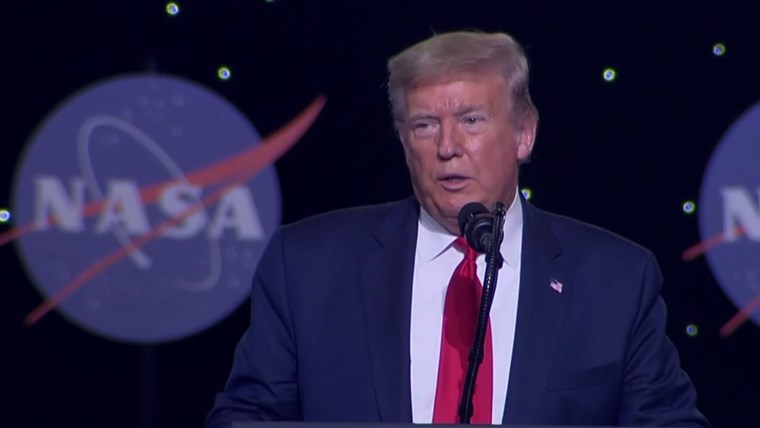Voting chaos partly linked to the spread of the coronavirus engulfed party primary elections in the southern U.S. state of Georgia on Tuesday, a possible preview of national general election snafus that could happen in November.
Voters wearing face masks and standing two meters apart waited for hours in long lines to enter polling places, particularly in Fulton County, home of the state capital of Atlanta, and neighboring DeKalb County, both of them Democratic strongholds with predominantly African American populations.
Many voters finally gave up and left without casting ballots.
But some normal voting venues were closed or consolidated for lack of election volunteers, while restrictions on occupancy limited the number of people who could enter other election centers, to comply with social distancing directives.

Computer malfunctions, mail-in ballots
Georgia voters were also stymied by new computerized voting machines that proved inoperable or the lack of them at polling places.
Meanwhile, election officials trying to count the votes seemed overwhelmed by the vast increase in the number of voters who mailed in their ballots to avoid going to a voting place and possibly exposing themselves to someone infected with COVID-19, the disease caused by the coronavirus.
State officials mailed absentee ballot applications to every active voter in the state. At least 1.2 million voters returned absentee ballots, a 30-fold increase for a state that usually sees about 40,000 mailed-in ballots.
Georgia election official Gabriel Sterling said early Wednesday, “Due to the nature of this election, we have said multiple times that election results will take time to receive, validate and post. Voting in a pandemic has posed a variety (of) issues for the elections officials, as well as the voters.”
Georgia’s chief elections official, Secretary of State Brad Raffensperger, called the issues “unacceptable,” but blamed local election officials in a handful of counties, especially in the Atlanta metropolitan area. He contended they were ultimately responsible for training poll workers and said voters in other parts of the state encountered few problems.
Officials in the areas with slow voting blamed Raffensperger.
Stacey Abrams, one of the most prominent Democrats in the state, said at a news conference, “We found ourselves in the midst of both incompetence and malfeasance. And unfortunately, the secretary of state is now trying to shift the blame, and he’s trying to create a pretext that only a few counties are being impacted, and that this is a localized problem.”
Voters also encountered long lines in the western state of Nevada, waiting up to five hours to cast ballots. In Nevada, mailed ballots that were postmarked by Tuesday and received within a week will be counted, meaning a late surge of votes could determine the outcome of close contests.

Election results
In the key race in Georgia, Jon Ossoff, the 33-year-old chief executive of an investigative TV production company, led a large field of Democrats seeking the party’s nomination to oppose incumbent Republican Sen. David Perdue, a close ally of President Donald Trump, in the November election.
But early Wednesday, it was unclear whether Ossoff had cleared the 50% threshold to avoid an Aug. 11 runoff election. Teresa Tomlinson, the former mayor of Columbus, was a distant second behind Ossoff, narrowly ahead of businesswoman Sarah Riggs Amico.
Perdue had no Republican challengers in his bid for a second six-year term in the U.S. Senate.
Party primary elections were also held Tuesday in South Carolina, North Dakota and West Virginia.



